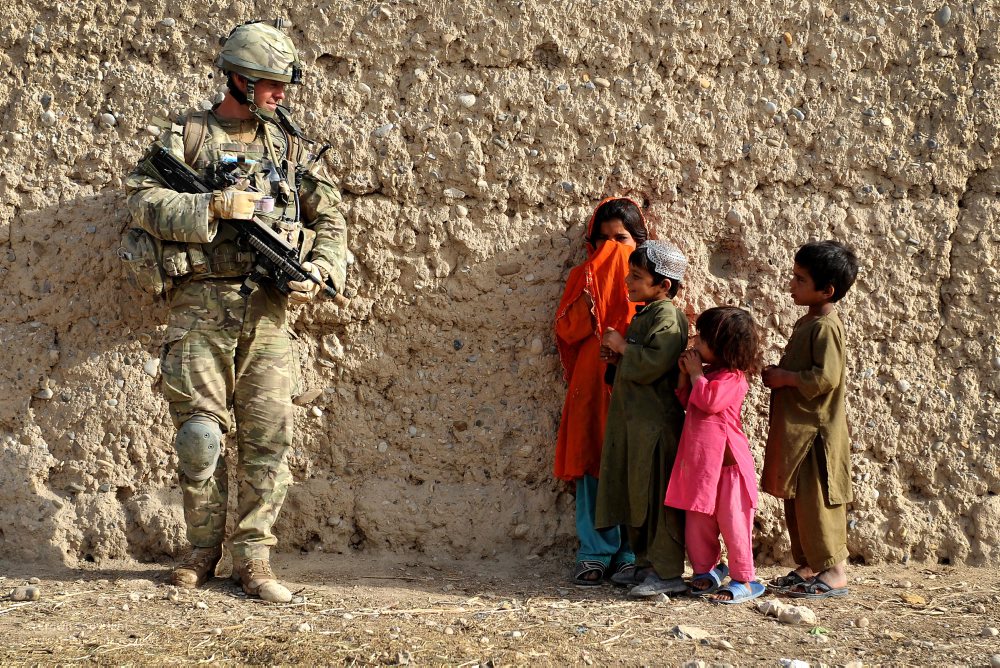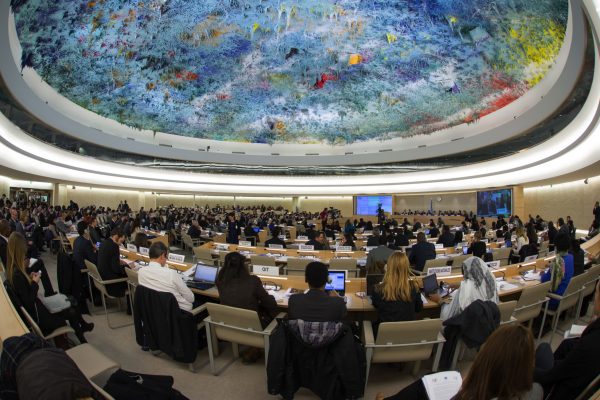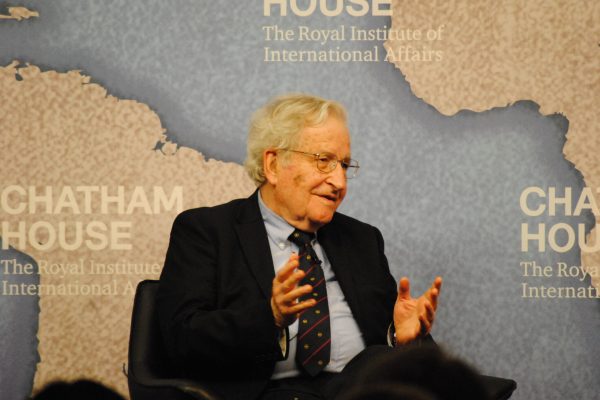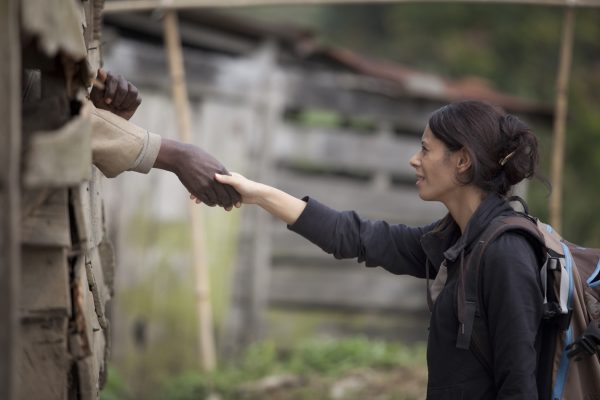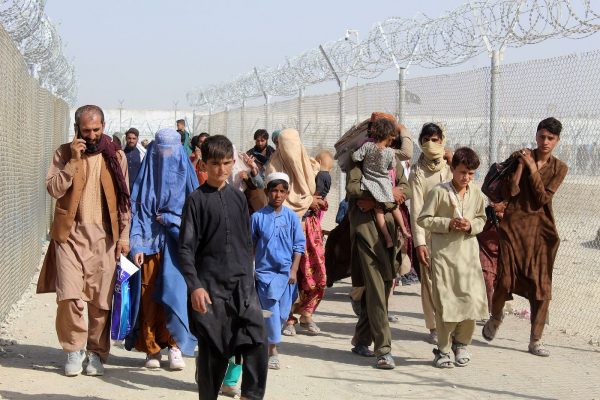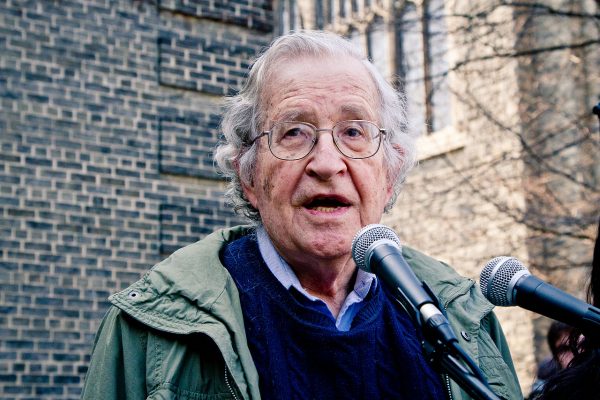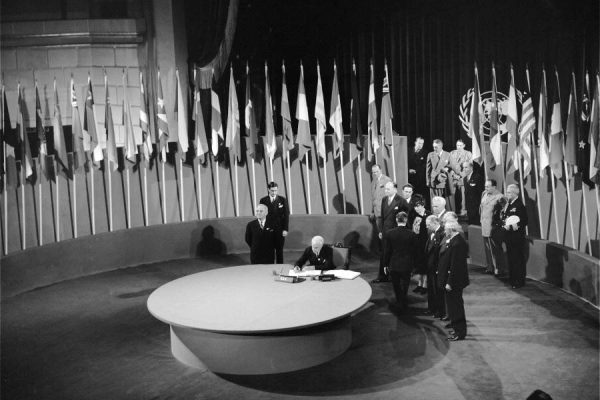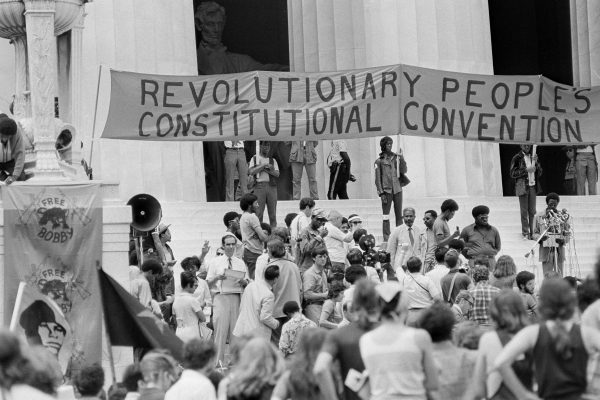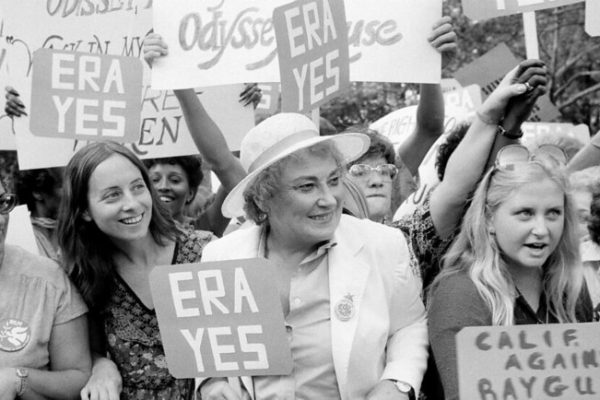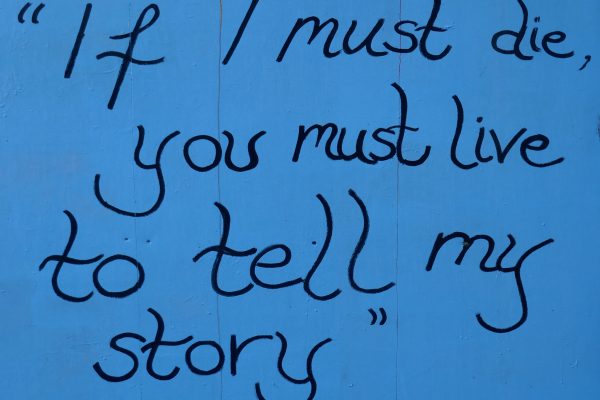Thinkers on the left are often ambivalent toward the rhetoric of human rights. On the one hand, human rights have been a venerable part of left discourse since the eighteenth century. More recently, the socioeconomic rights enshrined in the United Nations’ Universal Declaration of Human Rights reflect traditional left-wing aspirations, such as the right to a job, to protection against unemployment, and to join a union. Indeed, as Zachary Manfredi argues, campaigners for economic equality and the expansion of the public sector should not overlook the political and rhetorical potential of human rights principles.
On the other hand, skeptics claim human rights are insufficient to correct major disparities in power and resources. As Mark Goodale explains in his review of two dueling books on the history of human rights, critics of the dominant human rights framework such as historian and legal scholar Samuel Moyn lament today’s focus on minimal development standards. According to Moyn, the incremental improvements associated with this approach have come at the expense of a more ambitious vision for global justice.
The potential pitfalls of embracing human rights rhetoric, or at least a certain kind, are visible in the realm of foreign policy, too, where human rights have often been invoked as a justification for imperialist aggression. As Noam Chomsky writes in an archival essay on the possibility of U.S. humanitarian intervention, “Human rights have purely instrumental value in the political culture; they provide a useful tool for propaganda, nothing more.”
The essays collected here highlight the possibilities and limitations of using human rights as a framework for achieving a more just society. They cover a wide range of issues in addition to those mentioned above, including historical struggles for Black civil rights and women’s rights, the rights of refugees, the occupation of Afghanistan, and the self-interested origins of U.S. support for the UN in the aftermath of World War II.
Critics say human rights discourse blunts social transformation. It doesn't have to.
Global justice requires that we look away from Geneva and New York to the outer fringes of global power.
Have efforts to conduct war more humanely in fact only perpetuated it?
The U.S. occupation of Afghanistan sacrificed politics—the only viable route to peace—for massive corruption and violence.
The UN Convention on Refugees gives form to a humanitarian ideal, but states still judge what counts as harm and who deserves protection.
U.S. political elites sold the United Nations to the public as a route to global peace. In reality they wanted it as a cover for militarization.
The language of universal rights can be a powerful tool for advancing social justice.
Renewed efforts to quash it stand to wipe out a hundred years of women’s work as constitution-makers.
